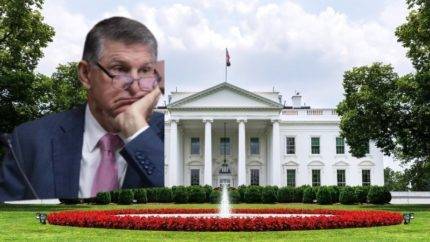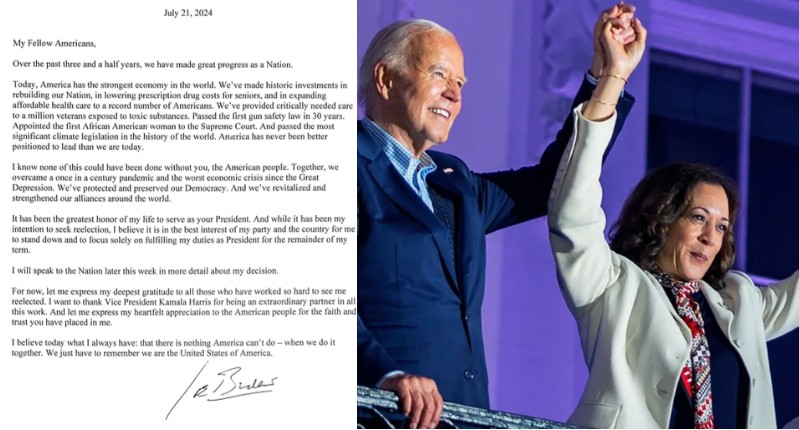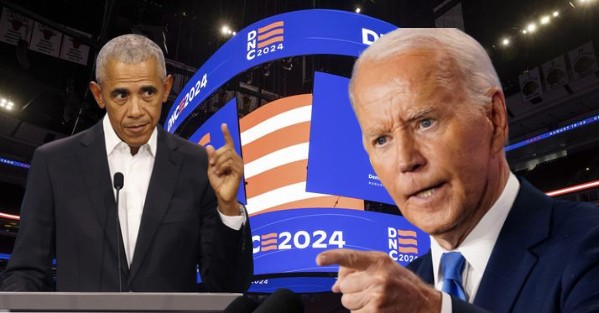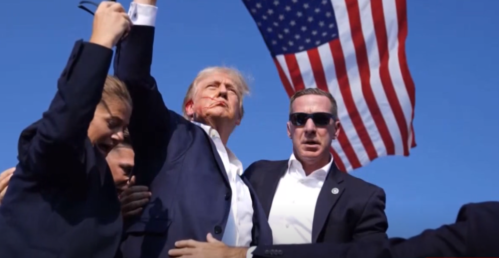In an exclusive interview with CNN’s Kaitlan Collins, Democratic Senator Joe Manchin of West Virginia revealed that he is seriously contemplating a run for the presidency. Despite concerns raised, particularly from the White House, about the potential impact of his candidacy on President Biden, Senator Manchin remains resolute in his consideration. He dismisses the notion that his entry into the race would serve as a spoiler and emphasizes the importance of a robust democratic process.
Senator Joe Manchin‘s acknowledgment of his presidential aspirations adds a new dimension to the evolving political landscape. As one of the key swing votes in the Senate, his decision will undoubtedly have far-reaching consequences for both the Democratic Party and the broader political spectrum. The interview sets the stage for a closer examination of how Manchin’s potential candidacy might reshape the dynamics of the 2024 presidential election.
Impact on Senate Majority
The impending departure of Senator Joe Manchin from the Senate prompts speculation about the future of the Democrats’ slim two-seat majority. While Manchin underscores the influence that individual senators wield, he also acknowledges the inherent advantages of a majority in shaping committees and setting the legislative agenda. As a pivotal figure in the Senate, Manchin’s exit could potentially shift the balance of power, intensifying the ongoing struggle for control between Democrats and Republicans.
This development places renewed emphasis on the significance of every Senate seat, raising questions about the Democratic Party’s ability to retain control and navigate the complex legislative landscape. The interview sheds light on the potential repercussions of Manchin’s decision not to seek re-election and the subsequent implications for the broader political climate.
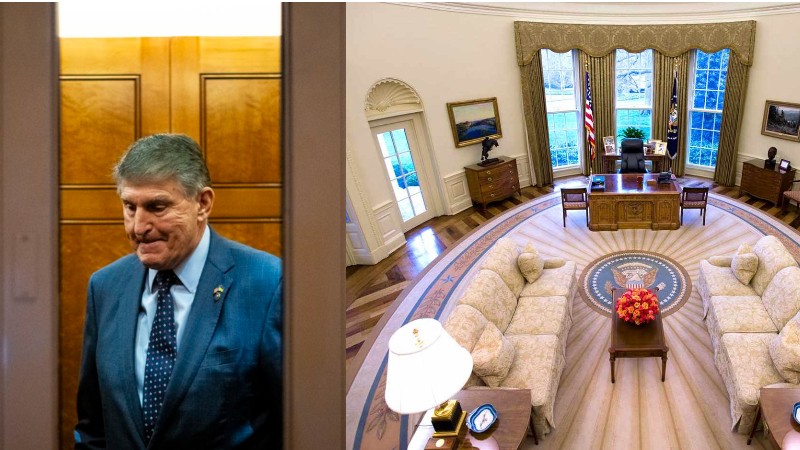
Joe Manchin on Bipartisanship
Senator Joe Manchin‘s commitment to bipartisanship takes center stage in the interview, as he critiques the prevailing state of politics. In the face of increasing polarization, he highlights his own experiences, revealing that he was actively recruited against by Senator Mitch McConnell. Despite this, Manchin underscores the importance of finding common ground and fostering collaboration across party lines for the greater good.
The interview provides a platform for Manchin to advocate for a return to a more cooperative and constructive political environment. His stance on bipartisanship serves as a call to action, challenging the existing norms of partisan politics and pushing for a more inclusive and cooperative approach to policymaking.
Independent Stance
A key theme that emerges from the interview is Senator Manchin’s insistence on maintaining an independent stance. While he acknowledges the party affiliation denoted by the “D” next to his name, Manchin emphasizes the need for politicians to remain true to their values rather than conforming to rigid party lines. This assertion aligns with his reputation as a centrist figure who prioritizes pragmatic solutions over ideological divides.
In a political landscape often characterized by strict party loyalty, Senator Manchin’s declaration of independence underscores his commitment to representing the interests of his constituents and the nation as a whole. The interview provides a platform for him to articulate his vision of a politics free from excessive partisanship.
Potential Third-Party Run
The possibility of Senator Manchin launching a third-party run is explored in the interview as a potential avenue to revive a moderate middle ground in American politics. Concerned about the deepening divide between the two major parties, Manchin envisions his candidacy as a catalyst for bringing people back to a common-sense center. This raises questions about the viability of a third-party candidate in a system historically dominated by Democrats and Republicans.
The interview allows Senator Joe Manchin to present his case for a third-party run, providing insights into his motivations and the perceived need for a political alternative. This aspect of the conversation adds a layer of complexity to the ongoing discourse surrounding the future of American politics.
Views on Trump and Biden
Senator Manchin’s views on former President Donald Trump and President Joe Biden form a critical part of the interview. Expressing concerns about the potential ramifications of a second term for Trump, Manchin underscores the perceived threat to democracy. Simultaneously, he criticizes President Biden for what he perceives as a shift too far to the left, advocating for a return to a more centrist approach.
The interview captures Senator Joe Manchin‘s nuanced perspective on the two major political figures and sets the stage for a broader discussion on the ideological spectrum within the Democratic Party. As the interview delves into these critiques, it offers viewers a comprehensive understanding of Manchin’s views on the current leaders shaping American politics.
CNN’s interview with Senator Joe Manchin provides a comprehensive and insightful exploration of his potential run for the presidency, his decision not to seek re-election to the Senate, and his perspectives on the current political landscape. The interview touches on crucial themes such as bipartisanship, independent thinking, the possibility of a third-party run, and his views on key political figures. By delving into these topics, the interview offers a valuable glimpse into the mindset of a pivotal figure in American politics and sets the stage for a dynamic and unpredictable political future.
Table of Contents
Discover more from OGM News NG
Subscribe to get the latest posts sent to your email.











